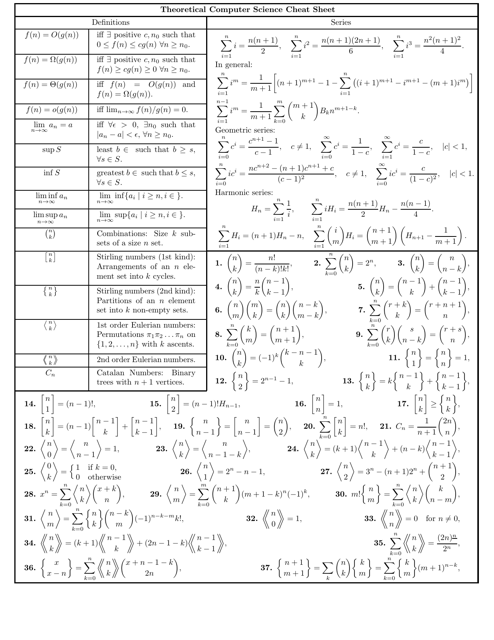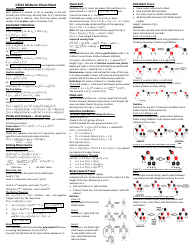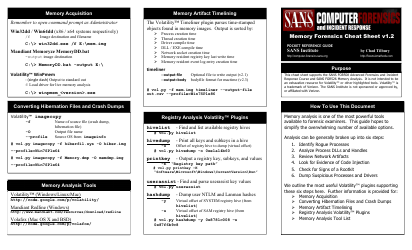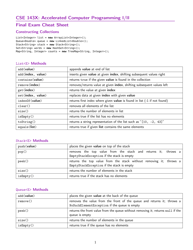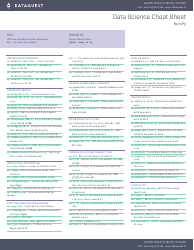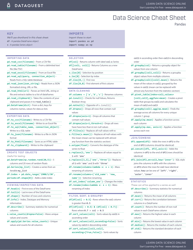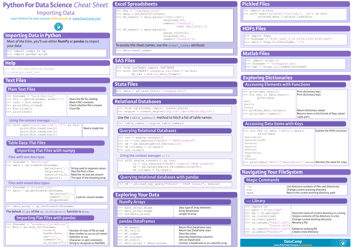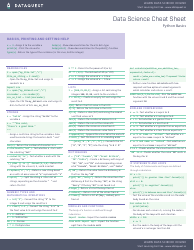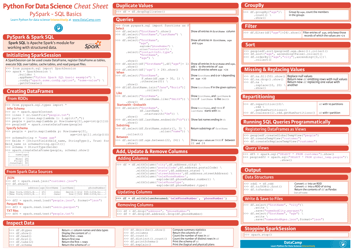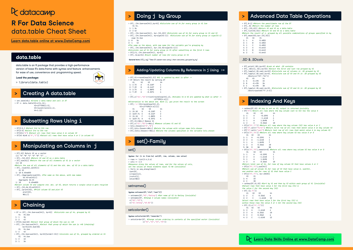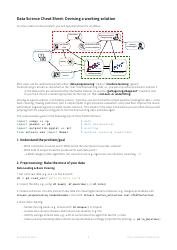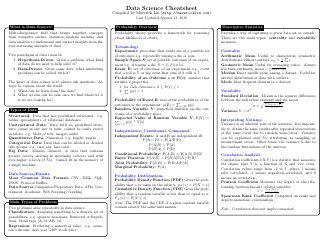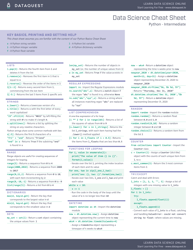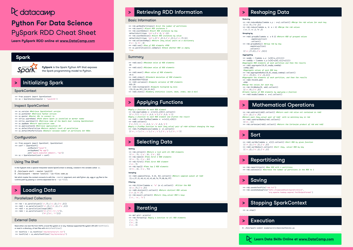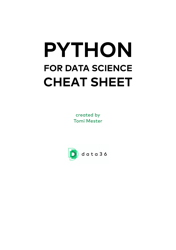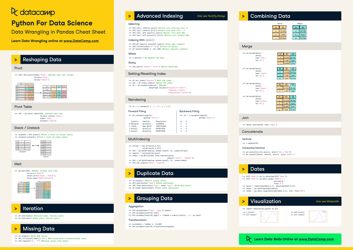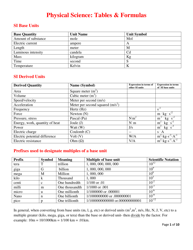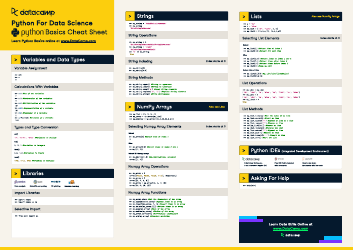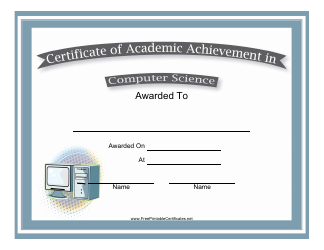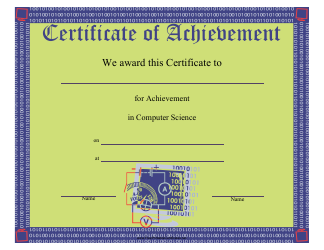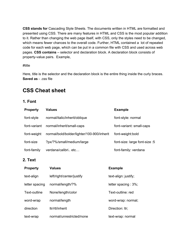Theoretical Computer Science Cheat Sheet
The Theoretical Computer Science Cheat Sheet is a condensed reference guide that provides key concepts, formulas, and algorithms in the field of theoretical computer science. It is designed as a quick and handy resource for students, researchers, and professionals to quickly access and review important information in the discipline.
FAQ
Q: What is computer science?
A: Computer science is the study of computers and the algorithms, data structures, and theories that underlie their design and operation.
Q: What is theoretical computer science?
A: Theoretical computer science is a subfield of computer science that focuses on the mathematical and theoretical aspects of computing.
Q: What are some key areas of theoretical computer science?
A: Some key areas include algorithms, complexity theory, computability theory, cryptography, and formal languages.
Q: What is an algorithm?
A: An algorithm is a step-by-step procedure or set of rules for solving a computational problem.
Q: What is complexity theory?
A: Complexity theory studies the resources (such as time and space) required to solve computational problems.
Q: What is computability theory?
A: Computability theory studies what problems can be solved by computers and the limits of computation.
Q: What is cryptography?
A: Cryptography is the study of techniques for secure communication and data protection.
Q: What are formal languages?
A: Formal languages are sets of strings with specified rules for generating and manipulating those strings.
Q: Why is theoretical computer science important?
A: Theoretical computer science provides a foundation for understanding and advancing various areas of computer science and technology.
Q: Are there practical applications of theoretical computer science?
A: Yes, theoretical computer science provides the theoretical basis for many practical applications in areas such as software development, network security, and data analysis.
